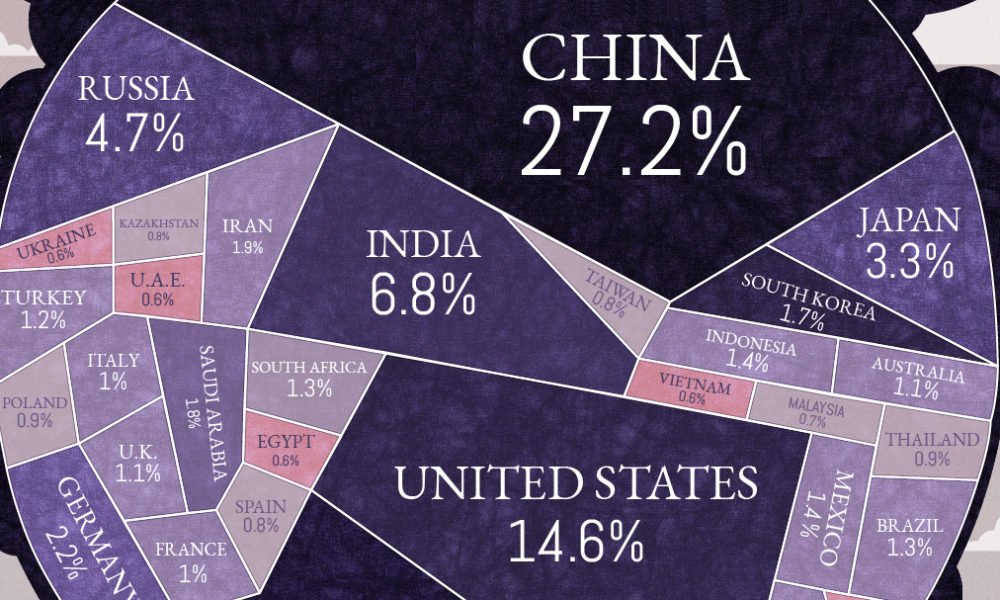The warnings of a climate emergency have been around for a long, long time. Sure, some nations are working to reduce carbon dioxide emissions, yet the overall worldwide use of fossil fuels – and associated greenhouse gas (GHG) emissions – grew last year.

You might think that the world’s climate leaders would be able to gather and consider ways to strengthen the implementation of the Paris Agreement, right?
Well, this year’s UN Climate Change Conference COP25 in Madrid just came to an end, and the member countries failed to come to agreement on the guidelines for a much-needed carbon market.
A carbon market is an essential part of the toolkit to raise ambition that can harness the potential of the private sector and generate finance for adaptation.
This is happening because many politicians in the US and elsewhere cannot make the break from a tried-and-true pool of donations that propel from oil, gas, and coal industry executives, lobbyists etc which helps them in winning elections.
The high-emitting countries “did not send a clear enough signal” that they are ready to improve their climate strategies and ramp up ambition through the Nationally Determined Contributions (NDCs) they will submit next year.
Without a clear pathway from the largest carbon-producing countries, it will be difficult if not impossible for countries with less built infrastructures to stand alone and lay claim to robust NDCs for 2020 and beyond.
Reference- The Guardian, Clean Technica, UN Climate Change website






